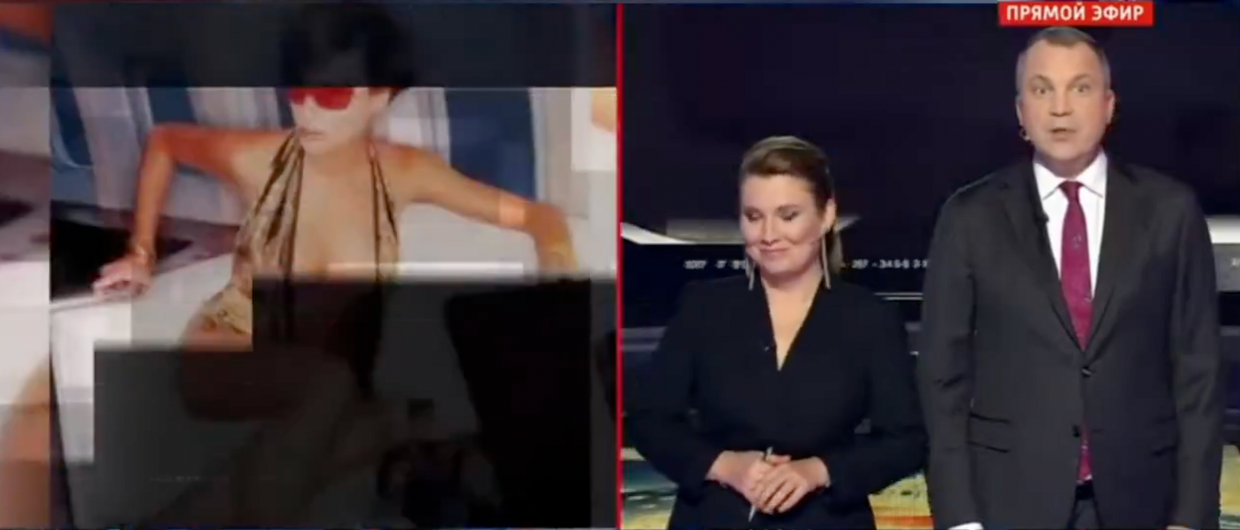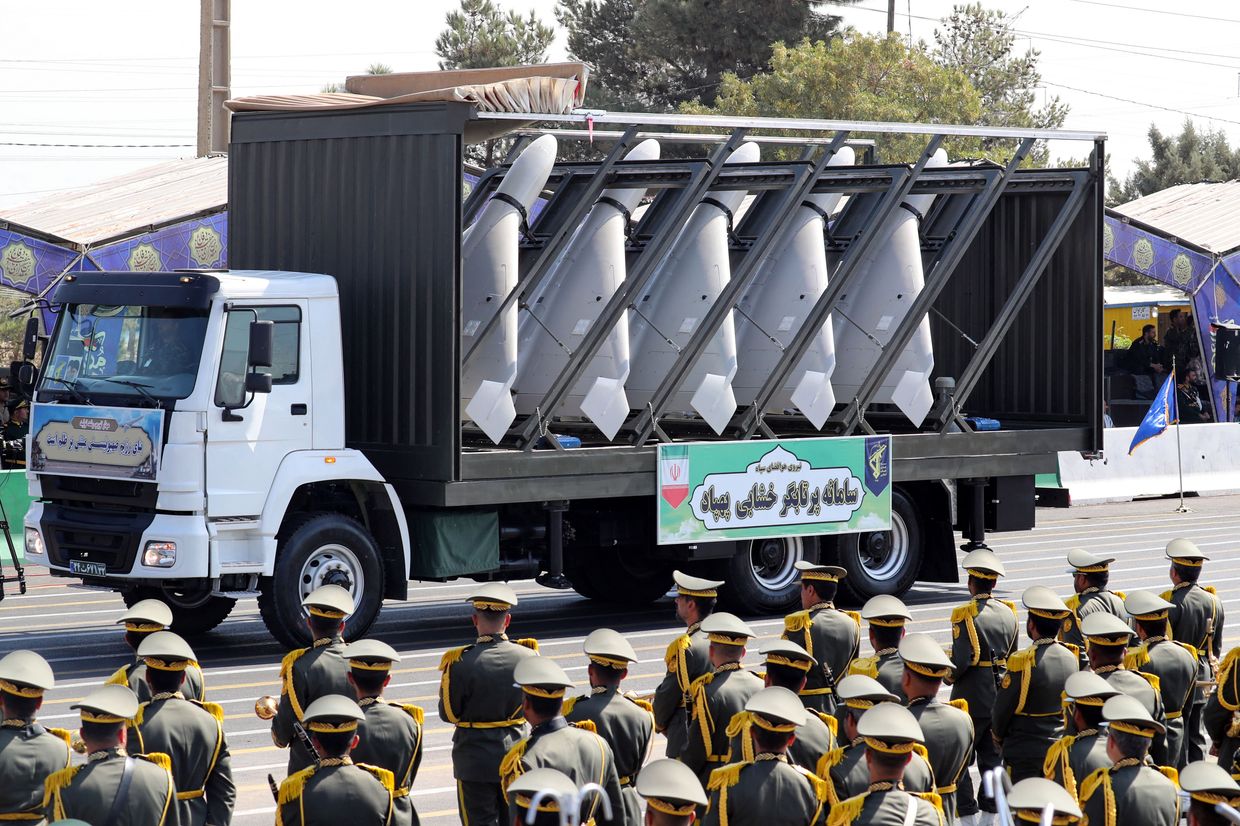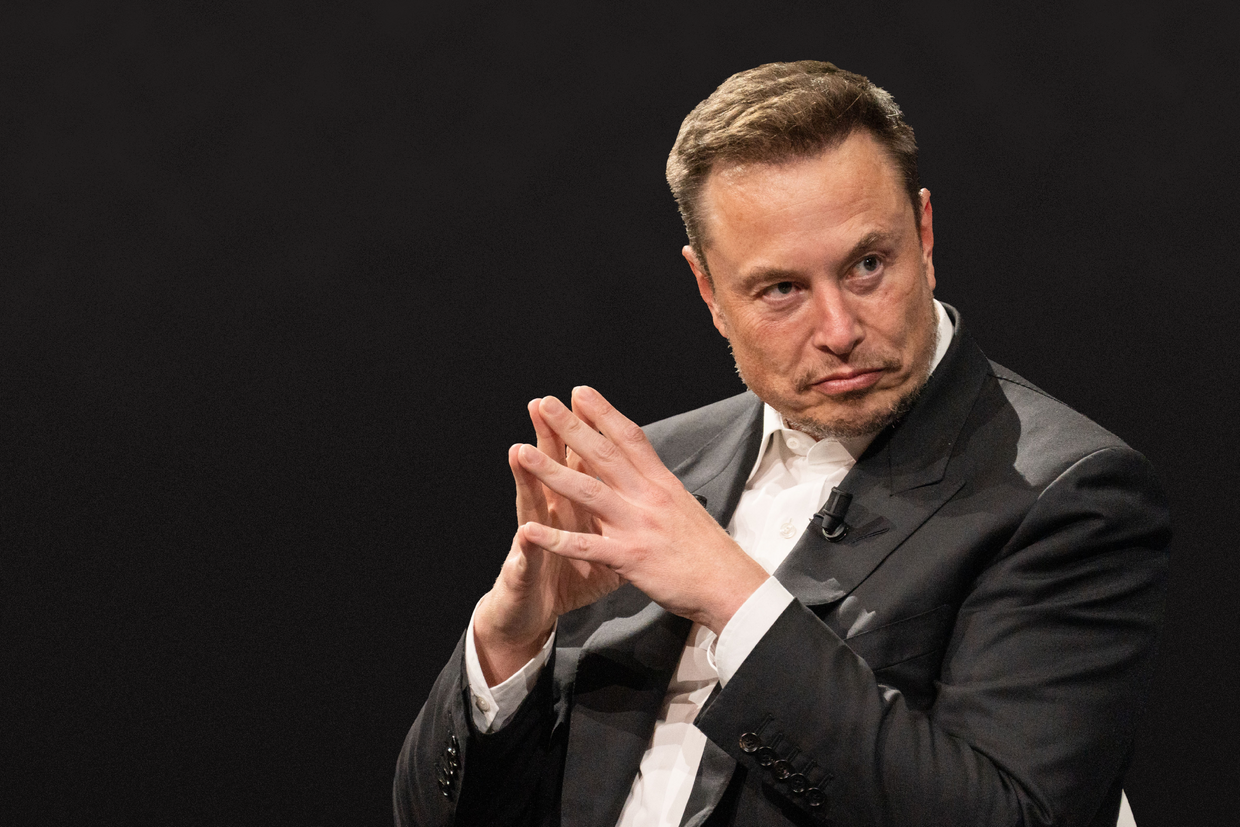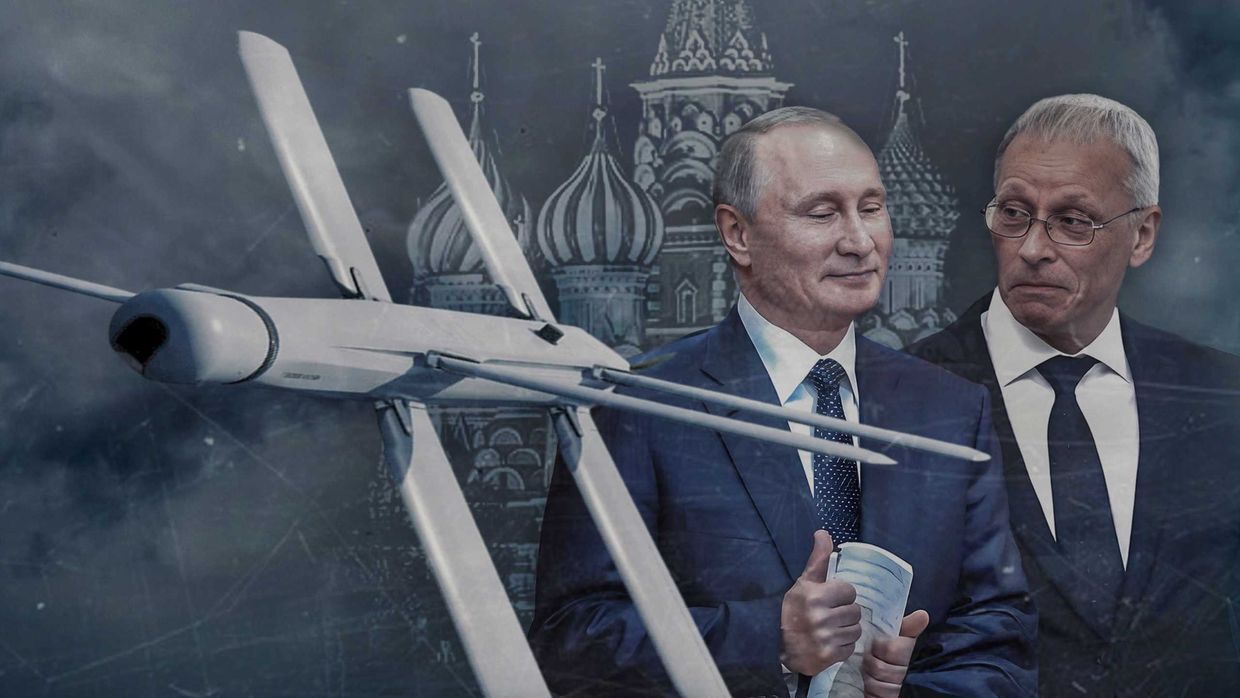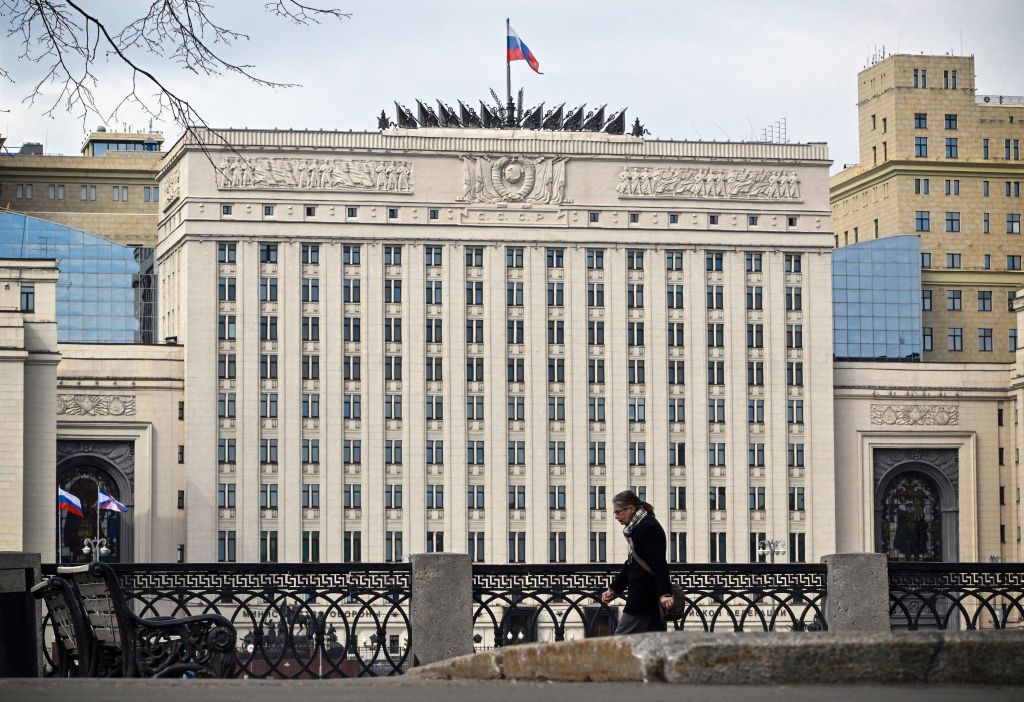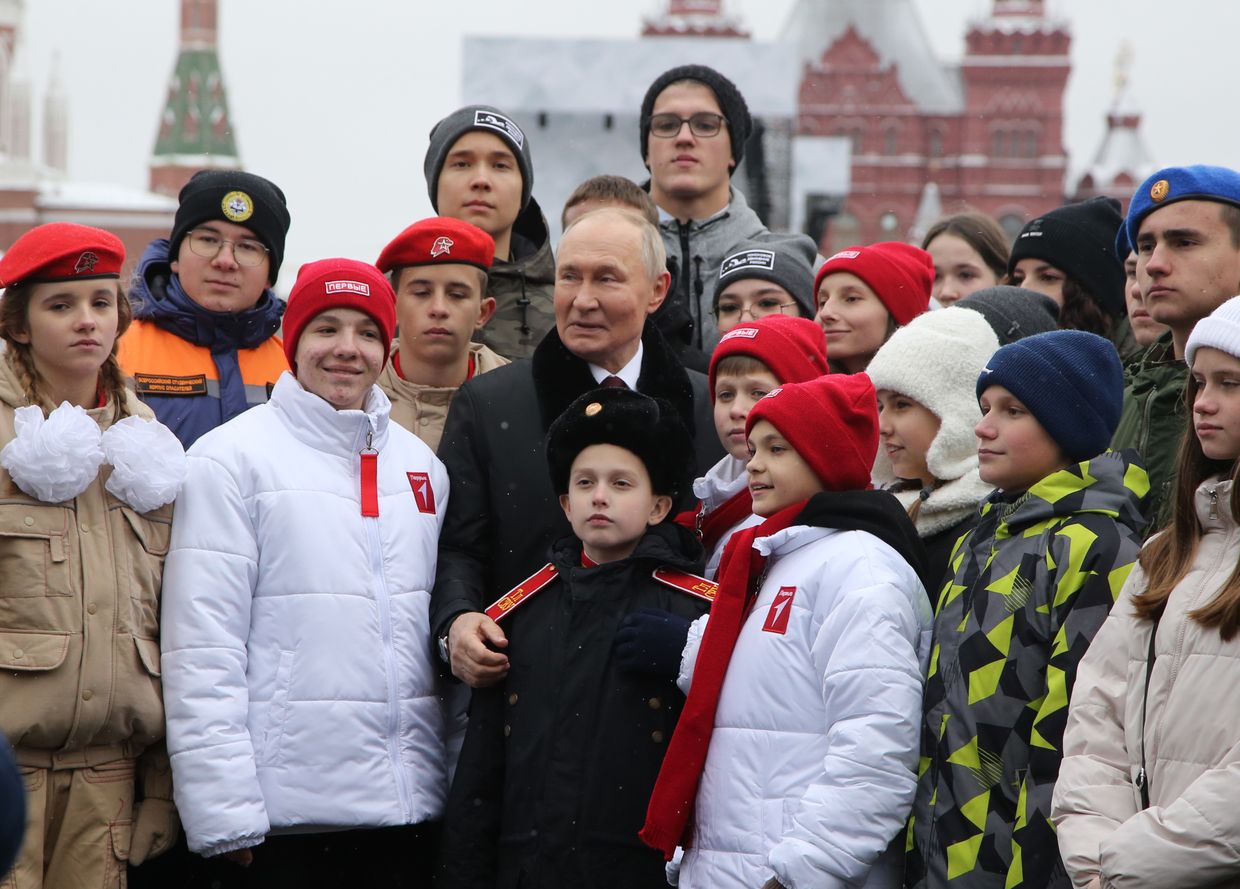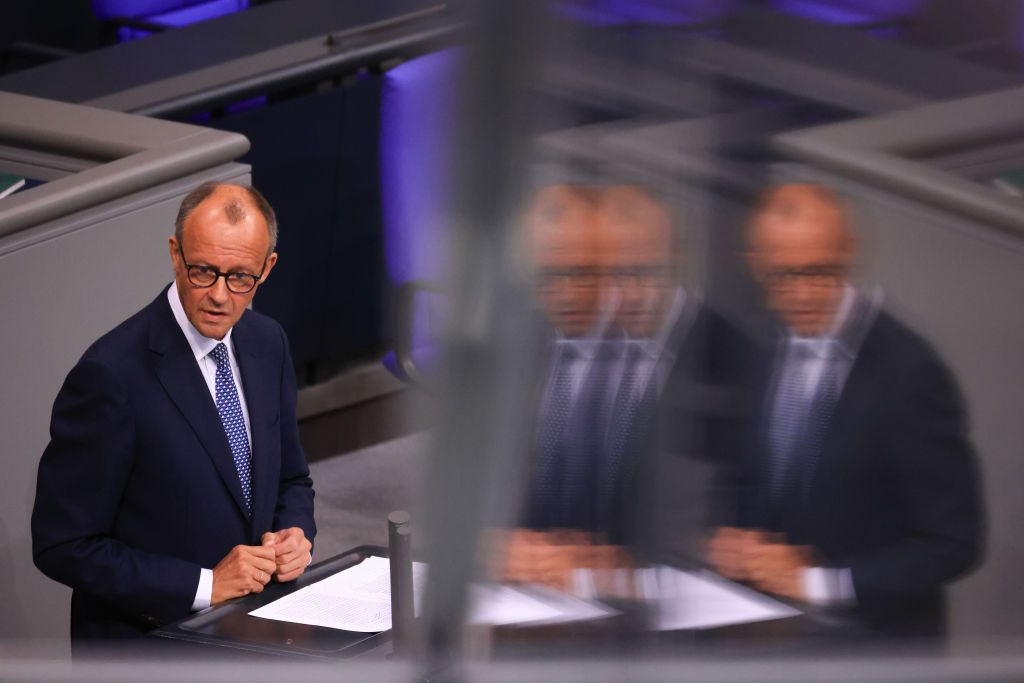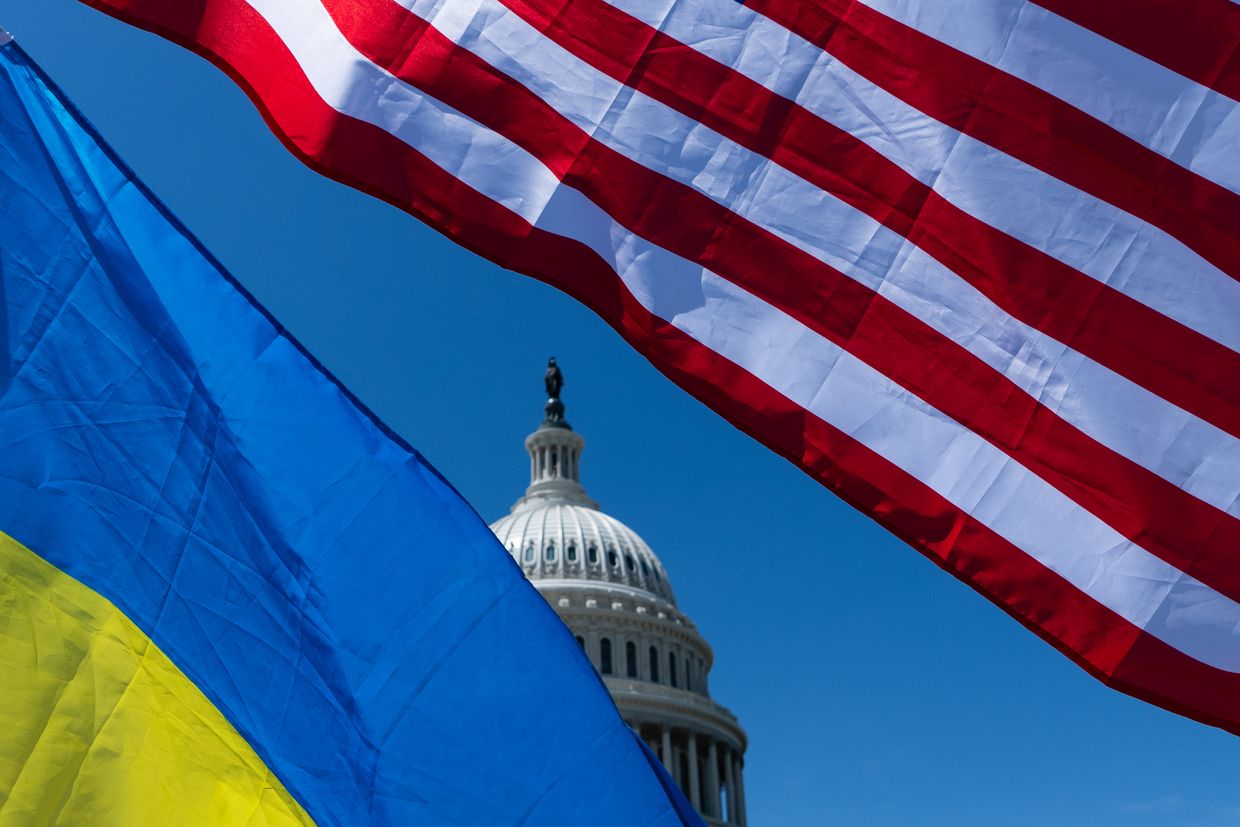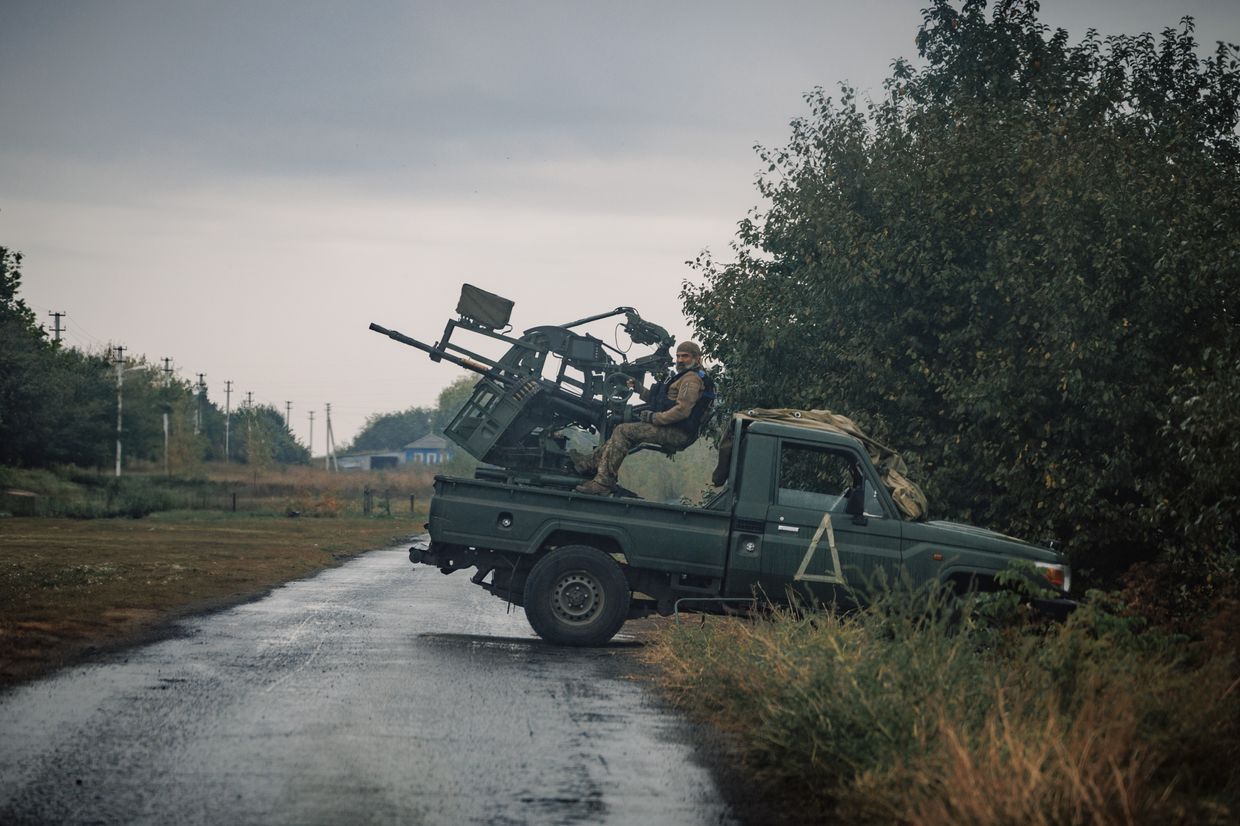Since the full-scale invasion of Ukraine began in 2022, the Russian government has focused all of its financial resources on funding the war.
As the war is the Kremlin's number one priority, all tools at its disposal have been used: increased taxation, sovereign funds, domestic borrowing, and the printing of money.
So far, tax hikes and money issuance have been relatively moderate.
The economists at the helm of Russia's financial system have tried to keep spending, money supply, and inflation under control. Two-and-a-half years in, this balancing act is becoming increasingly difficult.
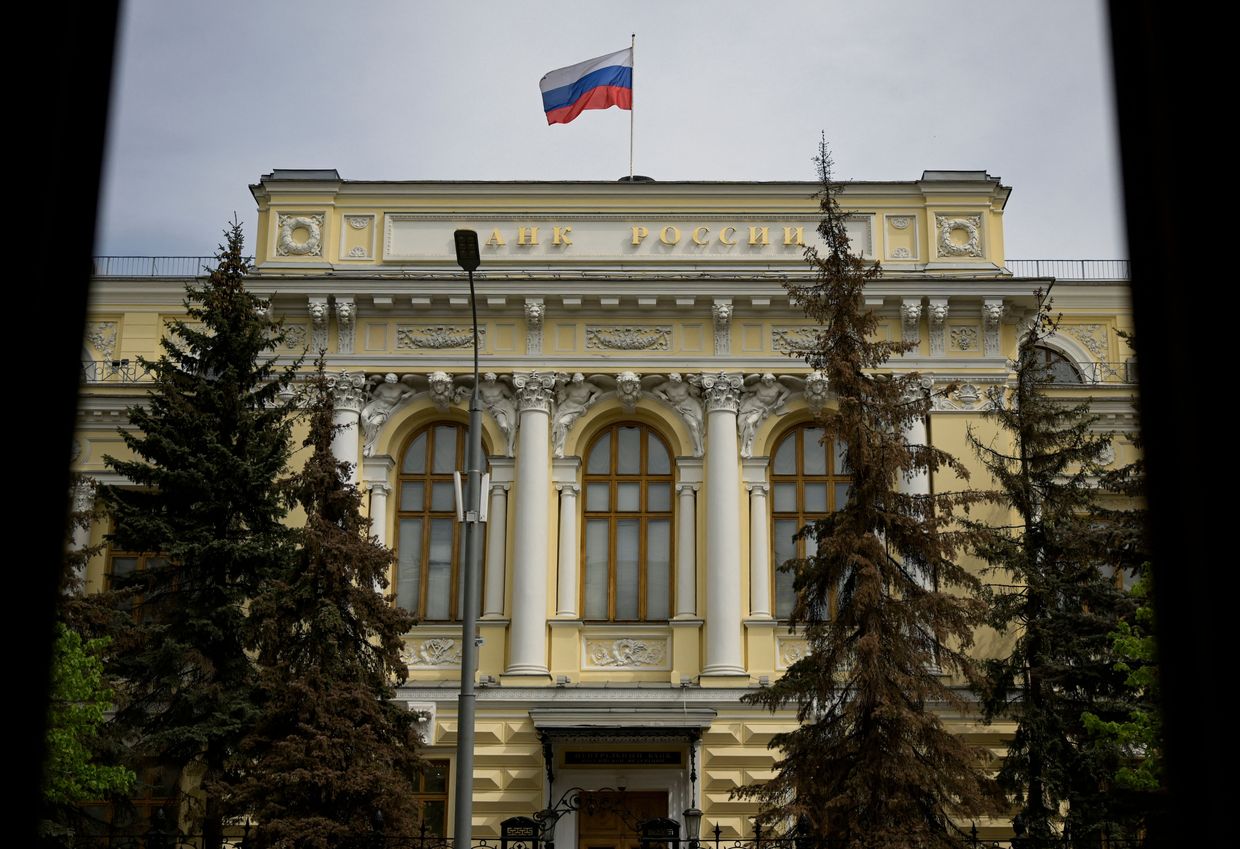
According to Russian political analyst Dmitry Oreshkin, Russia's Central Bank Chief Elvira Nabiulina is trying to maintain a sound monetary policy but the war requires increasing expenses.
"Nabiulina faces a task that can't be fulfilled," Oreshkin told the Kyiv Independent.
Russia's war budget
As a result of the full-scale invasion, Russia's spending on national defense rose from 3.6 trillion rubles ($51 billion) in 2021 to 6.4 trillion rubles ($75 billion) in 2023 and is expected to rise to 10.8 trillion rubles ($120 billion), or 29.4% of the budget, in 2024.
NATO countries have set a goal to spend 2 percent of the country’s GDP on defense in 2024. Russia is spending 6 percent.
In contrast, social spending is expected to amount to 7.7 trillion rubles ($87 billion), or 21.1% of the Russian budget in 2024.
Due to the soaring expenditures on the military, Russia has had problems balancing its budget.
Before the invasion, Russia's federal budget had a surplus of 524 billion rubles ($7 billion), or 0.4% of GDP, in 2021.
However, Russia's budget deficit totaled 3.295 trillion rubles ($47 billion), or 2.1% of GDP, in 2022, and 3.24 trillion ($38 billion), or 1.9% of GDP, in 2023. The budget deficit is expected to amount to 120.1 billion rubles ($1.38 billion), or 1.1% of GDP, in 2024.
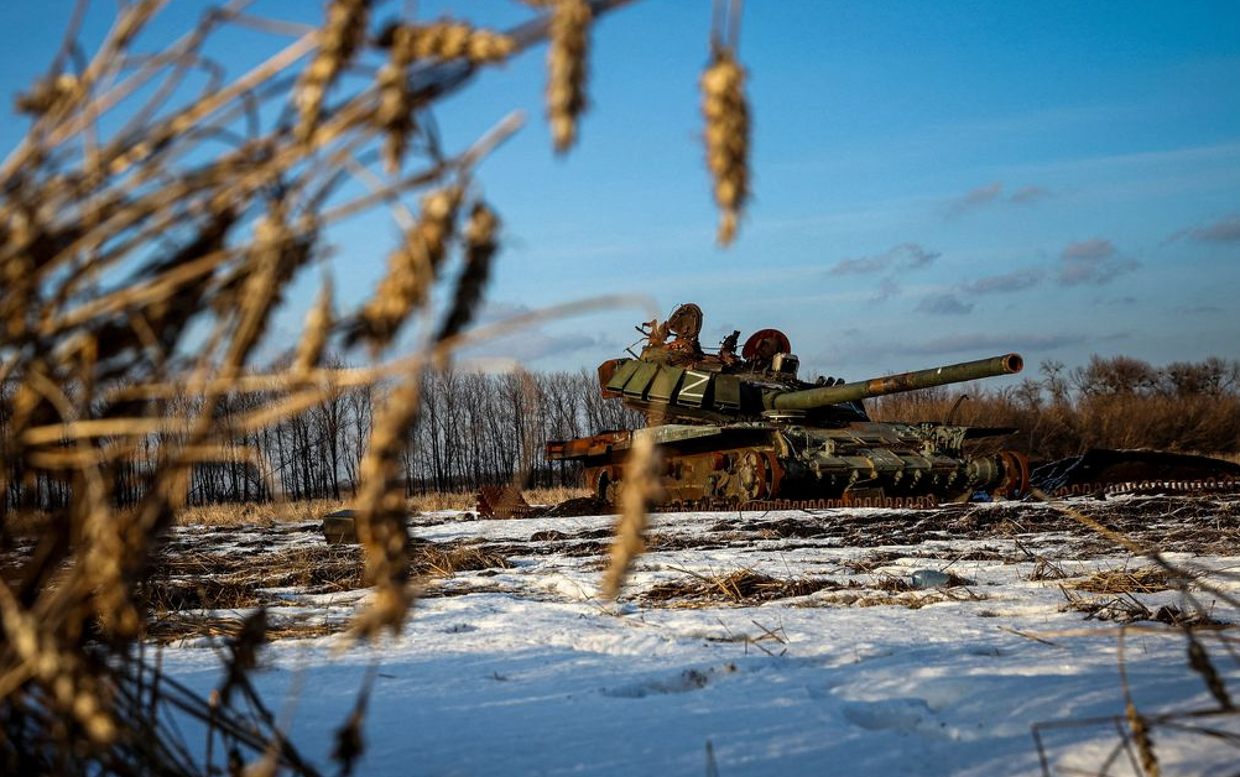
Taxes
One of the primary ways to fund the war is taxation.
From 2001 until 2021, Russia prided itself on having a flat income tax rate of 13%, which was a significant incentive for businesses.
In 2021, the Russian government introduced a 15% rate for income exceeding 5 million rubles ($57,000). A further and more dramatic change took place during the full-scale invasion of Ukraine.
In May 2024, Russia's Finance Ministry announced plans to impose income tax rates ranging from 15% to 22% for income exceeding 2.4 million rubles ($28,000) starting in 2025.
Meanwhile, the corporate tax will rise from 20% to 25%, and reduced rates for some businesses will be canceled.
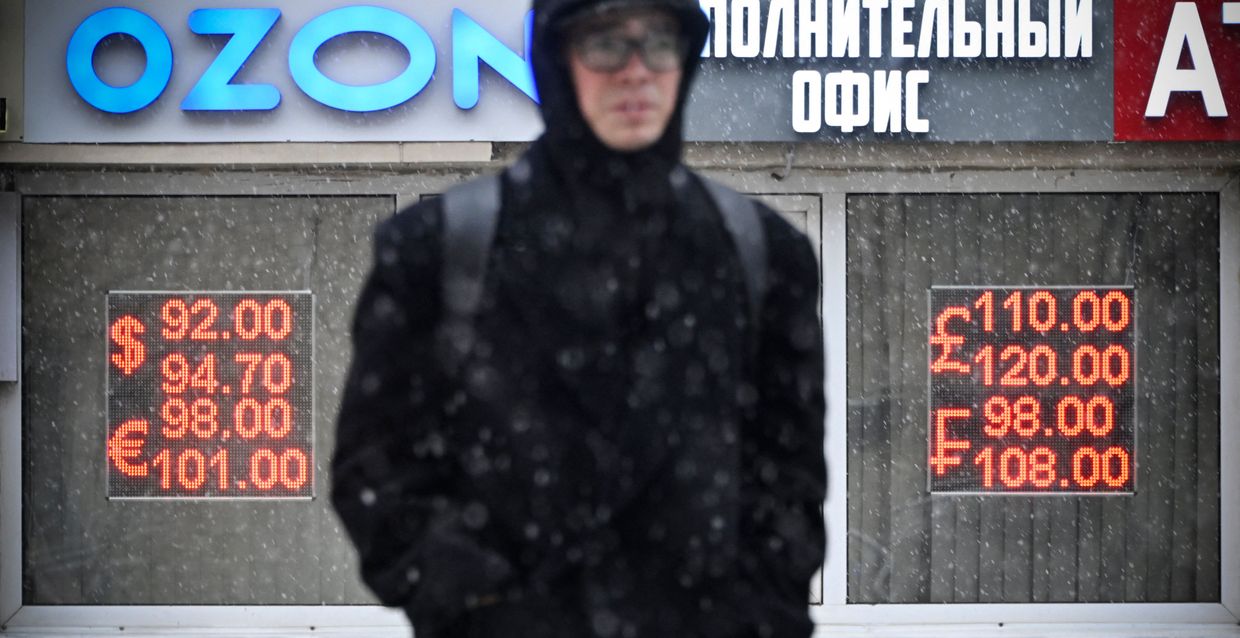
The mineral tax for iron production will rise from 4.8% to 5.5%, while the mineral tax for fertilizer production will be doubled.
"The increase in taxes is indeed linked to spending on the war," Andrei Movchan, a Russian-born economist based in London, told the Kyiv Independent.
He said that the tax hike threatened to undermine economic growth and would have a negative impact on the civilian sector.
"It will trigger inflation because the production of consumer goods is falling, while the state-stimulated demand for them remains the same," Movchan, the founder of investment company Movchan's Group, said.
Russian columnist Sergei Parkhomenko said the tax hike "is due to Putin's regime's need for money during wartime."
"The corporate tax hike will affect everyone and will be very sensitive for Russian businesses," he told the Kyiv Independent. "They need to finance both the war and social spending."
However, the current tax hike is relatively moderate and contains many exceptions.
By comparison, income tax rates range from 10% to 37% in the U.S., from 0% to 45% in France, and from 32% to 52% in Sweden.
Higher income tax rates will apply not to the whole income but to its part exceeding the threshold. For instance, if someone earns 3 million rubles annually, he will pay 13% for the 2.4 million rubles below the threshold and 15% for the 600,000 rubles above the threshold.
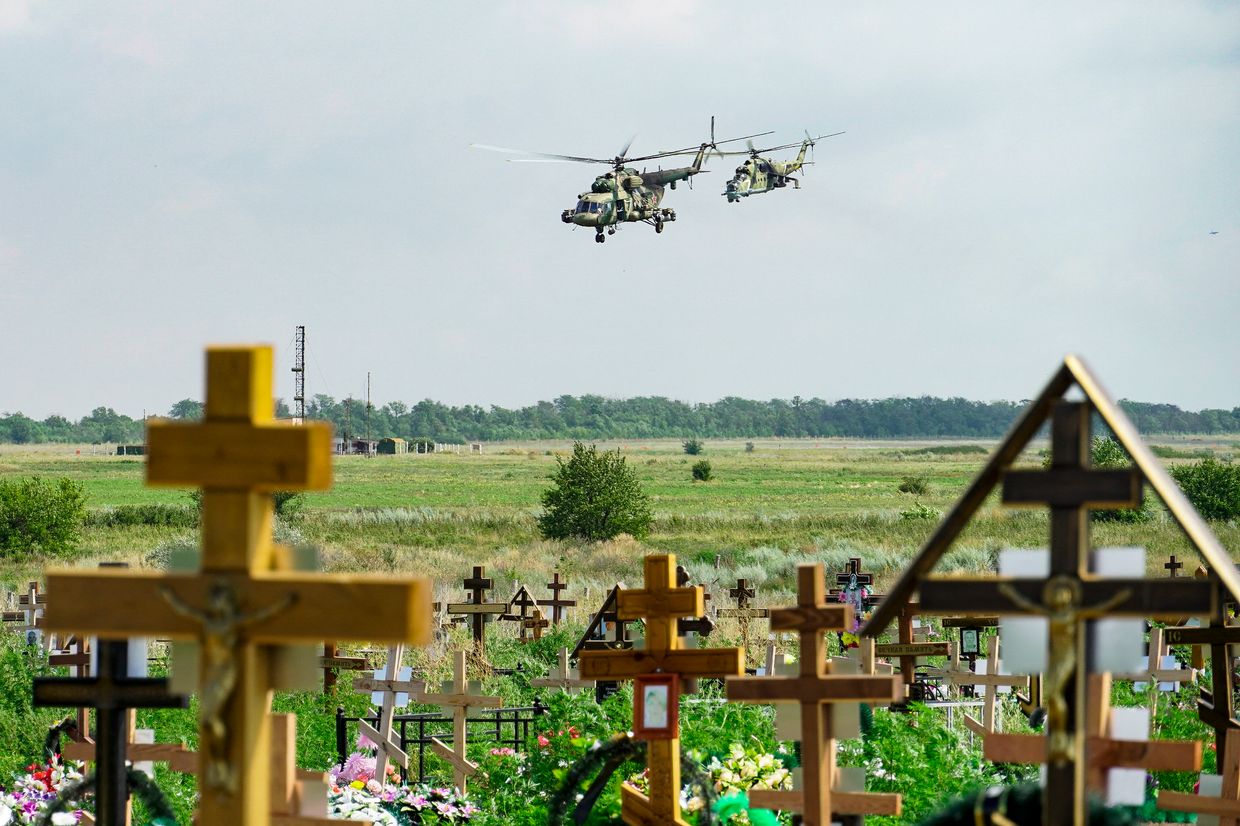
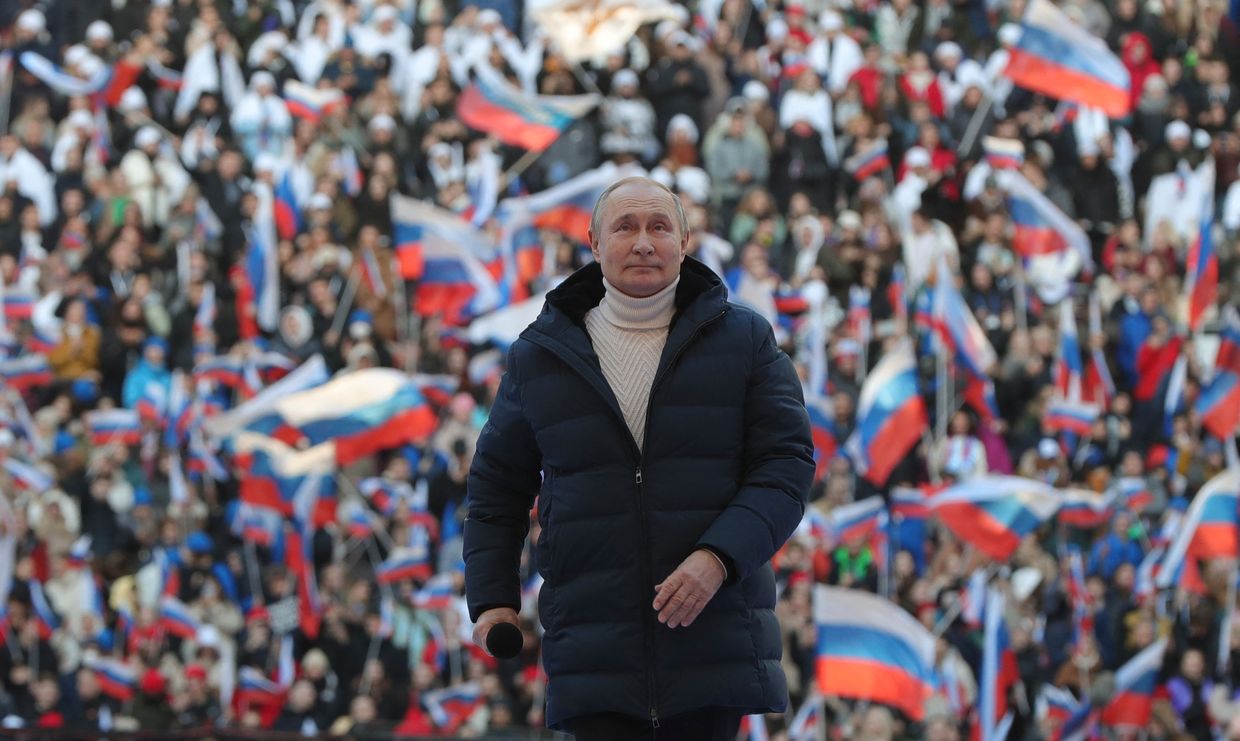
Moreover, the new rates will not apply to income from securities and sole proprietorships, which will be subject to a rate of 13-15%, like before.
Parkhomenko described the progressive rate of income taxation, in contrast with the corporate tax hike, as "a propagandist measure that has little economic sense."
"The Russian government wants to demonstrate that it's just: 'we take more from the wealthy and less from the poor because we care about the common folk'," he said.
Another political analyst, currently based in Russia, agreed with this assessment, saying that the income tax hike for the wealthy could be a PR move aiming to show that the Kremlin cares for "social justice," as well as a long-term plan to offset the drop in oil and gas revenues. The analyst spoke on condition of anonymity due to fear of reprisals.
He said that the current tax hike is moderate, but it could be a "test before a more radical tax reform."
"If taxes are increased now, there is a risk that it may happen again," Oreshkin said.
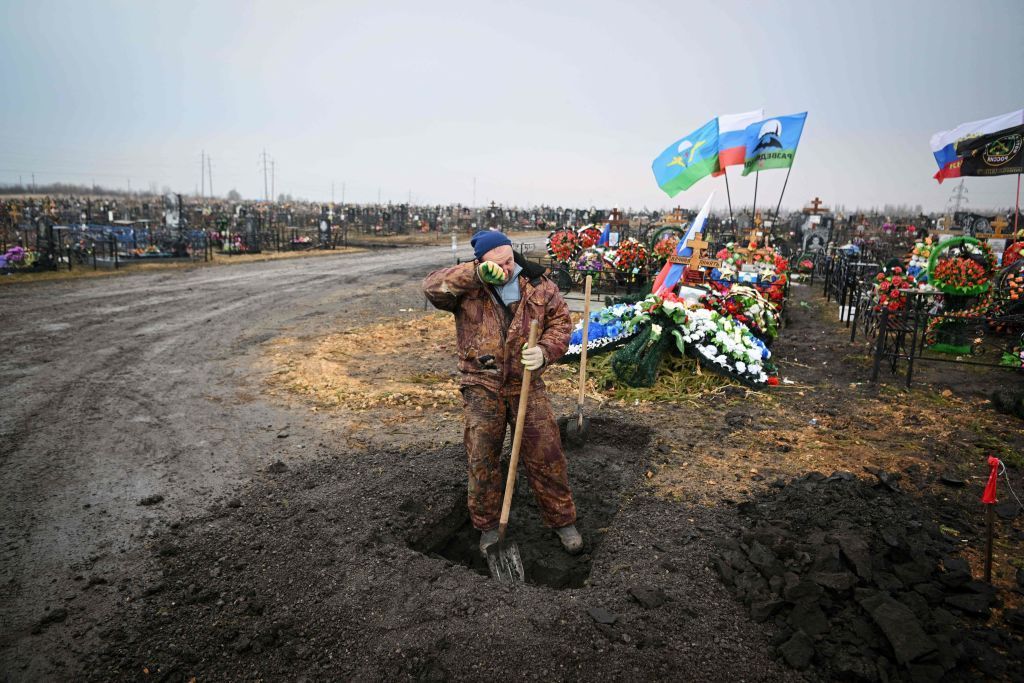
Russia's oil and gas
Historically, the Russian budget's main source of revenue has been oil and gas.
Russia is still able to make money by selling oil and gas as a result of bypassing sanctions and boosting supplies to non-Western countries.
Following the full-scale invasion, the Russian government's oil and gas revenues rose by 28% in 2022, according to Russian government data, as oil prices increased, while Western sanctions on the oil and gas industry were not in force during most of the year. According to Reuters, the Russian budget's oil and gas revenues then fell by 24% to 8.822 trillion rubles ($103 billion) in 2023 amid lower prices and Western sanctions.
However, this year, Russia's oil and gas revenues are increasing as the Kremlin re-oriented supplies to China and India, and prices are rising again.
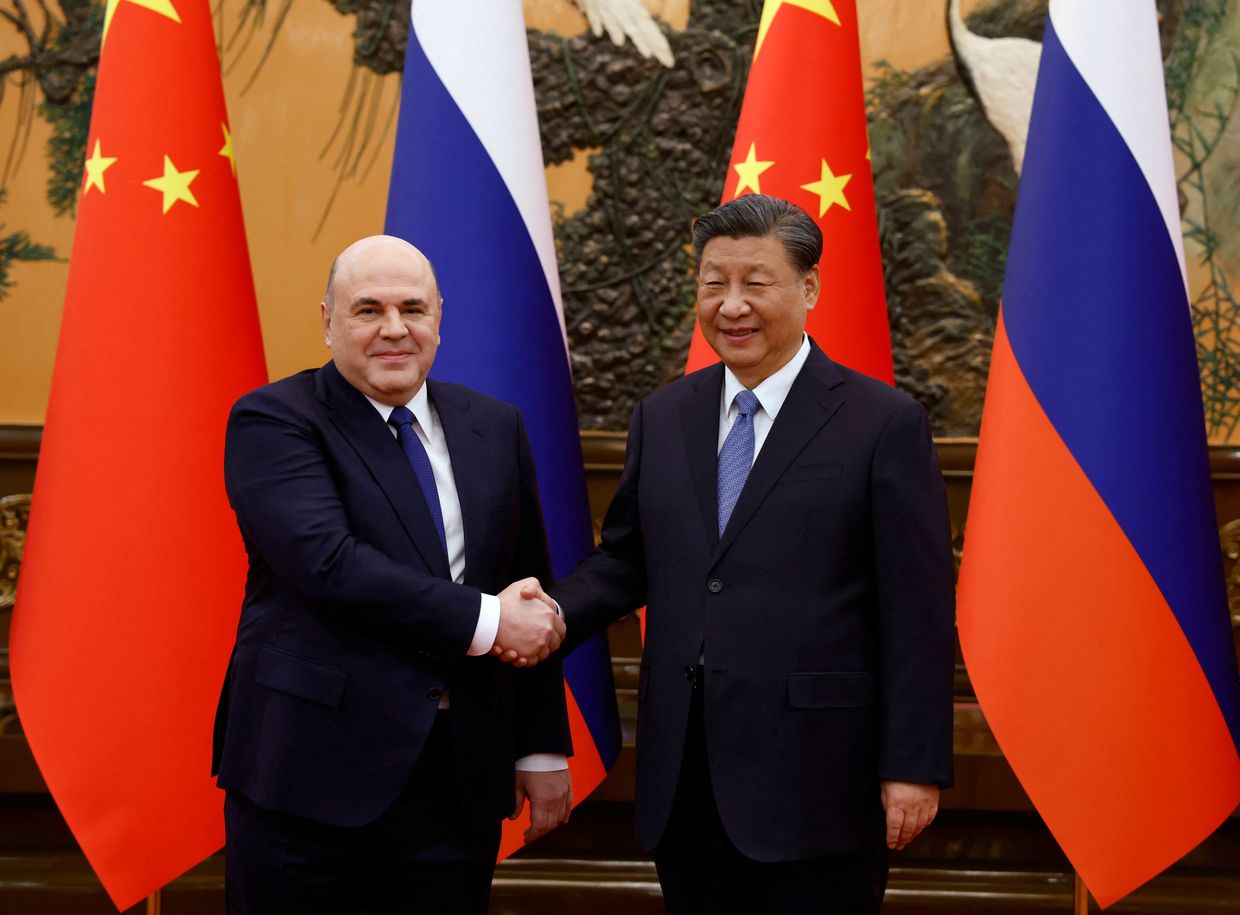
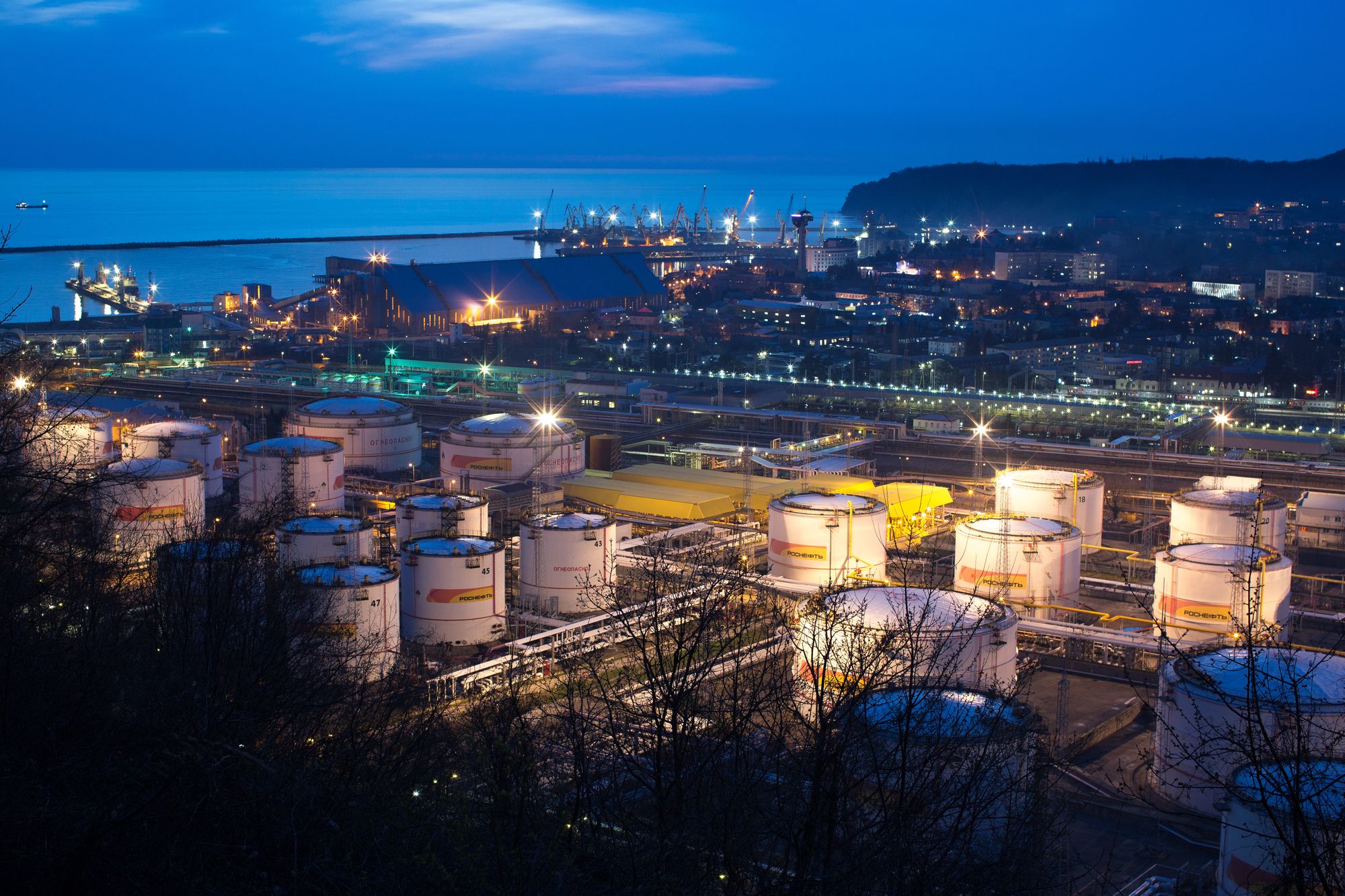
The Russian government's oil and gas revenue in June is set to rise by more than 50% year-on-year to $9.4 billion, according to Reuters. The Russian government expects oil and gas revenues to rise by 21% year-on-year to 10.7 trillion rubles ($120 billion) in 2024.
"Sanctions can't be completely effective," Ukrainian oil and gas analyst Oleksandr Kharchenko told the Kyiv Independent. "But there is an opportunity and a need to strengthen the impact of the sanctions."
He said that one of the potential solutions is to reach an agreement with the biggest oil producers to sell more oil and cut prices, thus depriving Russia of revenues.
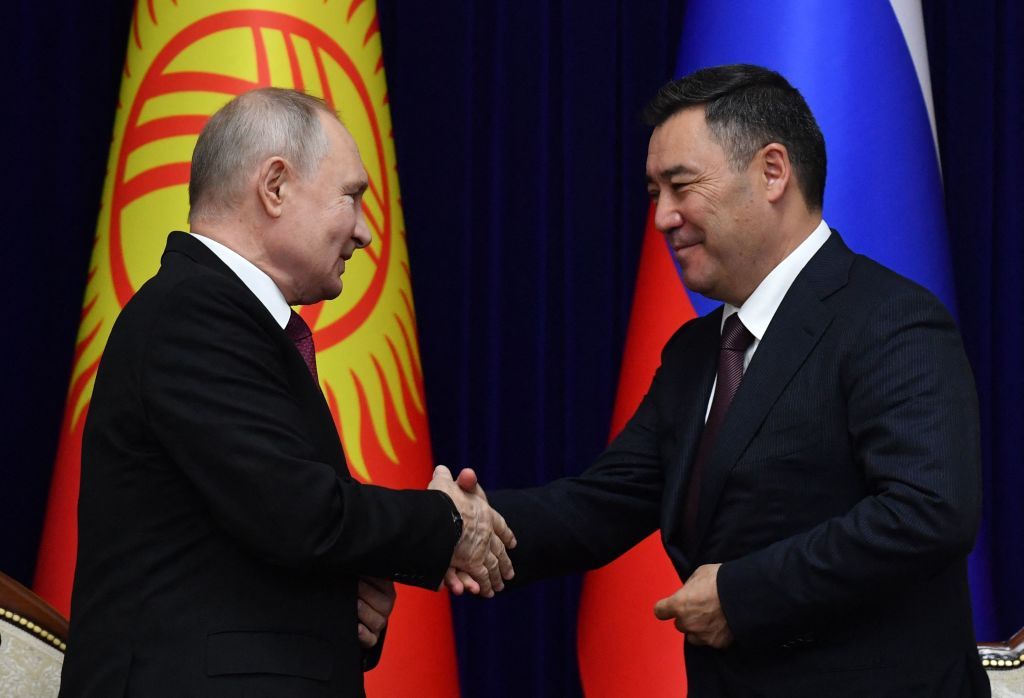
Other methods
Russia has also used its National Wealth Fund to balance the budget and finance military spending.
The fund was created in 2008 to collect windfall oil revenues and create a safety cushion in case oil prices fall.
The State Duma, the Russian parliament's lower house, said in 2023 that 1.3 trillion rubles ($15 billion) from the National Wealth Fund would be used to balance the budget in 2024.
Movchan said the fund is being used to finance military spending, among other things.
"Russia finances spending through internal borrowing and sovereign funds," he said. "It increases the velocity of money and leads to inflation but does not lead to an increase in the money supply."
Russia's increasing domestic debt also reflects growing military expenditures.
The Russian government's domestic debt rose from 16.5 trillion rubles ($220 billion) in early 2022 to 18.8 trillion rubles ($255 billion) in early 2023 to 20.99 trillion rubles ($240 billion) in March 2024.
Printing money
Another way to finance the war is for the country's Central Bank to print additional money.
Russia's money supply rose by 13% in 2021, but the growth rate was much higher after the full-scale invasion began – 24.4% in 2022. In 2023, it grew slower but still more than in the pre-war period – by 19.4%.
The increase in the money supply has fueled inflation, although currently its level is not higher than before the invasion, according to official data.
Consumer price inflation amounted to 8.39% in 2021, 11.94% in 2022, and 7.42% in 2023.
Russian economist Igor Lipsits believes that real inflation figures are higher than the official ones. Movchan shares the same belief.
Yet, Russia's inflation rate is still far below the level of hyperinflation experienced by many countries in wartime and after wars. Ukraine's inflation rate was worse in 2022: it amounted to 22.6%, according to official data. However, it improved in 2023, amounting to 5.1% – below the Russian level.
Lipsits and Oreshkin said that Russia's Central Bank resorts to printing money more and more because of the war, fueling inflation.
"Any country succumbs to the issuance of more money and (boosting) inflation during war," Oreshkin said.
Meanwhile, Movchan attributed the increase in Russia's money supply to other factors, such as the recovery from COVID-19 and the necessity of stimulating money circulation in the economy.
After the invasion began, Russia's Central Bank cut its key interest rate from 20% to 7.5%, introducing a more lax monetary policy and stimulating the printing of new money.
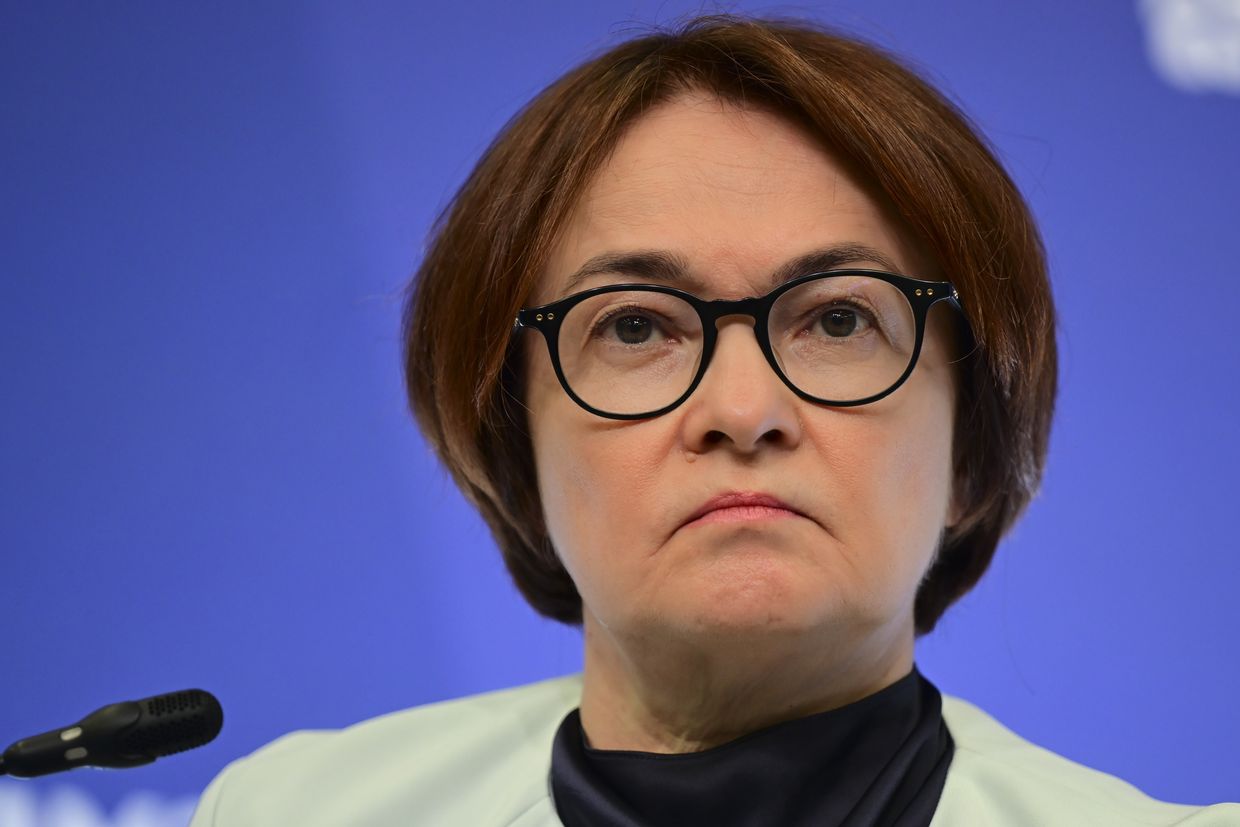
However, since July 2023, the Central Bank has pursued a tight monetary policy that impedes printing money. The interest rate has been increased to 16%.
On June 7, the Central Bank said it would keep the rate at the current level and could even increase it further in the future.
Elvira Nabiullina, head of Russia's Central Bank, is a free-market liberal credited with keeping Russia's financial system sound even during the full-scale invasion.
She wants to minimize credit expansion and the issuance of new money but the needs of the war require a more lax monetary policy, according to Oreshkin.
He said that, as a result, Nabiullina could be dismissed.
"They might fire Nabiullina and appoint someone who'll simply print (more) money," he added.





